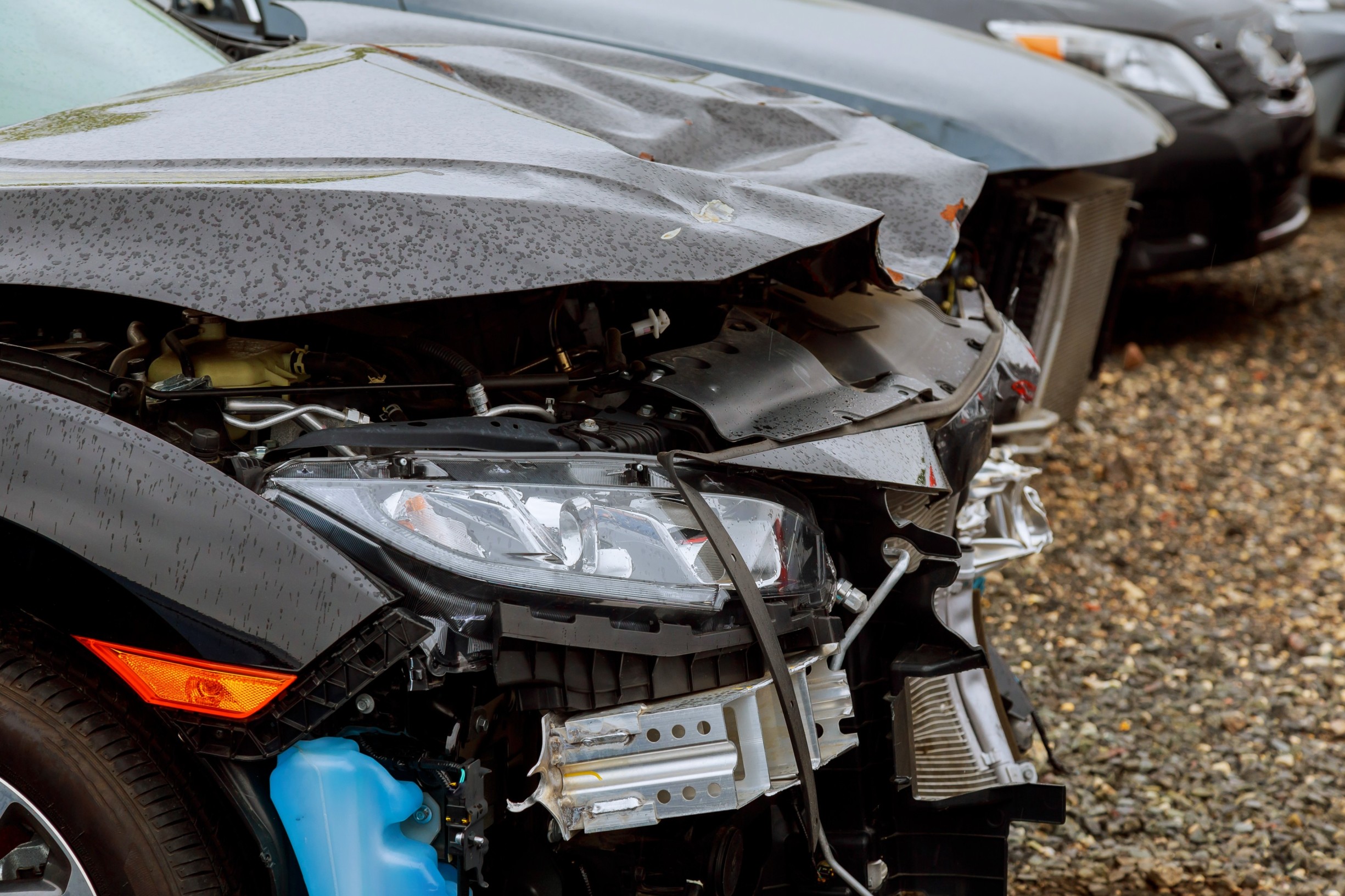Top Mistakes to Avoid After a Car Accident in Cumming, GA – Guest Post

Dealing with a car accident is often a chaotic and stressful experience. After the shock wears off, you might feel confused and unsure about what your next steps should be. In a busy area like Cumming, Georgia, with roads such as GA-400 and Buford Highway seeing a lot of traffic, knowing how to react after a crash is essential. Taking the right steps can help you protect your well-being, your finances, and your legal rights.
Sadly, it’s common for people to make mistakes in the immediate aftermath of an accident that can negatively impact their ability to get fair compensation. In this article, let’s see some of the biggest mistakes to avoid after a car accident in Cumming.
Failing to Report the Accident
One of the biggest mistakes you can make is not reporting the accident to the police. In Georgia, state law requires drivers to report any crash involving injury, death, or property damage exceeding $500. Failing to do so can lead to legal complications, including fines or challenges when filing an insurance claim.
After an accident, call 911 immediately, even if the damage seems minor. A police report provides an official record of the incident, which is essential for insurance claims and potential legal proceedings. The responding officer will document details like the date, time, location, and statements from involved parties, creating a foundation for your case.
Neglecting to Seek Medical Attention
Adrenaline and shock can mask injuries immediately after a crash. Some people avoid seeking medical care, assuming they feel fine, only to discover later that they’ve sustained serious injuries like whiplash, concussions, or internal trauma.
Delaying medical attention not only risks your health but can also weaken your insurance claim or legal case, as insurance companies may argue that your injuries weren’t caused by the accident. Visit a doctor or urgent care facility as soon as possible, even if you feel okay, and follow through with any recommended treatment plans. Documenting your injuries strengthens your claim and prioritizes your recovery.
Not Gathering Evidence at the Scene
The moments after an accident are chaotic, but failing to collect evidence can hurt your case later. If it’s safe, take photos of the accident scene, including vehicle damage, road conditions, traffic signs, and any visible injuries. Exchange contact and insurance information with the other driver, but avoid discussing fault. Collect contact details from witnesses, as their statements can be invaluable. This evidence helps establish the facts of the crash and supports your claim when dealing with insurance adjusters or, if necessary, a court.
Admitting Fault or Apologizing
It’s natural to feel shaken and want to apologize after a collision, but saying “I’m sorry” or admitting fault can be used against you. Determining fault is complex and often requires a thorough investigation, so avoid making statements that could be interpreted as accepting responsibility. Be polite but stick to the facts when speaking with the other driver, police, or insurance representatives. Let the evidence and legal process determine who is at fault.
Accepting a Quick Insurance Settlement
Insurance companies may offer a quick settlement to close your claim, but accepting it too soon is a common mistake. Initial offers are often low and may not account for long-term medical expenses, lost wages, or pain and suffering.
Before accepting any settlement, consult with a professional to ensure it reflects the full extent of your damages. A Cumming car accident lawyer can evaluate the offer, negotiate with the insurance company, and help you pursue fair compensation.
Not Understanding Georgia’s Fault Laws
Georgia operates under a modified comparative negligence rule, meaning you can recover damages only if you’re less than 50% at fault for the accident. Your compensation will be reduced by your percentage of fault. For example, if you’re found 20% responsible, your award is reduced by 20%.
Misunderstanding this rule or failing to challenge an unfair fault assessment can significantly impact your payout. An experienced attorney can help build a strong case to minimize your liability and maximize your recovery.
